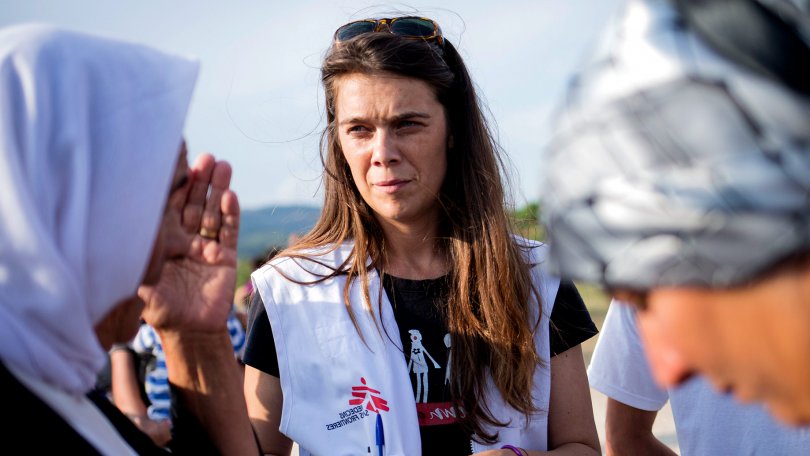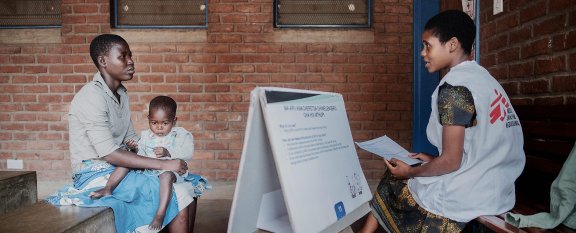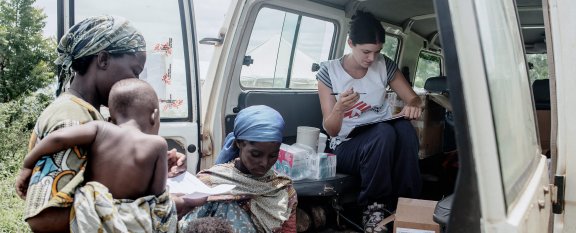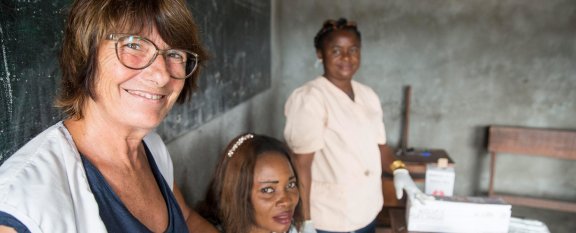MSF engages in meaningful humanitarian medical work. As a socially responsible organization, MSF also offers career opportunities, modest compensation, and attractive benefits. Here is an overview of what MSF offers.
As a volunteer organization, MSF provides a salary commensurate with our pay scale and your roles and responsibilities.
In addition to the salary, you receive a comprehensive package of financial and social benefits.
MSF covers the transportation costs from your place of residence to the project site and back. MSF also takes care of all costs related to visa formalities.
During your posting, MSF will provide you with accommodation in an MSF structure. You will usually be allocated an individual bedroom (in a house, hut, tent or other). You will share common areas (bathroom, living room, kitchen, etc.) with other colleagues. In emergency situations, you may have to share a room with one or more colleagues. Please note that in most missions we employ locally recruited staff to manage the cleaning of living spaces, laundry, and meal preparation.
During your mission and for up to three months after your return, you are covered by MSF’s medical insurance. If you need to advance medical expenses, MSF will reimburse you upon presentation of invoices. Please note that this insurance is valid only for you and does not cover any family members. It includes repatriation costs if necessary.
Swiss residents must continue to pay for mandatory health insurance (LAMAL) to maintain coverage. MSF reimburses LAMAL contributions. Any supplementary insurance you may have remains at your own expense.
You are also entitled to one week of leave every three months. Depending on the mission policy and security situation, your vacation may be taken in your home country, within the country of mission or in a neighbouring country. If you remain in the country, all associated costs are your responsibility. If you leave the country for your vacation, MSF will transport you to the nearest airport. All other expenses are your responsibility.



